Camel Milk Healing?
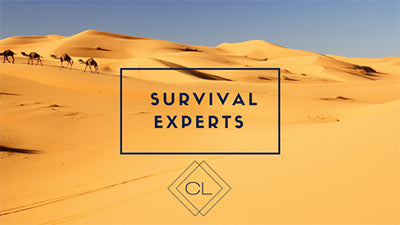
Camel Milk Healing
Research camel milk healing and you will find some amazing claims. Apparently camel milk has the ability to cure or prevent diabetes, improve the immune system, stimulate circulation, treat autism, lessen allergic reactions, promote growth and development, protect against certain autoimmune diseases, and improve the heart health.
Can this really be true? Well, certainly not here in Australia. Camel milk isn’t registered as a therapeutic ingredient with the Therapeutic Goods Agency and there are no listed camel milk based therapeutic products with camel milk as a therapeutic ingredient.
Camel milk is a foodstuff, regulated as a dairy product. So does camel milk healing happen? In this blog, we look at some of the myths and rumours surrounding the Magic of Camel Milk.
Camel Milk Properties

It might be stating the obvious, but camel milk comes from camels, just as cow’s milk comes from cows and goat’s milk come goats. Camels have a unique physiology, evolved to allow them to survive for long periods without water or food; they are natures survival experts.
Camel milk is often described as the closest form of milk, that we have access to, to human breast milk. It is said to provide an ideal nutritive mixture, with far better health benefits than other common dairy milks. For sure, camel milk includes far higher levels of iron, vitamin C, and protein, as well as less fat.
Camel milk is also lower in saturated fat than cow’s milk and has less calories. The milk we use in our Australian skincare products is 1.9% fat and is substantially higher in Vitamin B3, Iron and Vitamin C than cow’s milk.
The milk protein lactoferrin is present in large quantities in camel milk (ten times higher than in cow milk) and is said to have anti-viral, anti-fungal and anti-bacterial properties. And camels have a single-domain antibody, ten times smaller than the human antibody. So maybe camel milk is more than a food?
Traditional Use

Camel milk has been the core dairy foodstuff in Bedouin cultures for millennia. Camel herders can survive for weeks on camel milk alone, leading some to describe the milk as the only true whole food. The nomadic peoples from Mongolia to Africa have recognised the powers of camel milk healing and its nutritious benefits for thousands of years. The Bedouin say “water is the soul, milk is the life”.
Reports of camel milk healing serious conditions have been recorded from the times of the Prophet Mohammed. There are a number of mentioning the Prophet prescribing camel milk and camel urine as a remedy for various conditions:
“A group of people came to Medina, became ill and their bellies got swollen. The Prophet told them to go to the herd of milch camels and to drink their milk and urine. So they went as directed and after they became healthy.” Sahih Bukhari, (Volume 1, Book 4, Number 234)
In India camel milk healing has long been used for dropsy, jaundice, tuberculosis, asthma, anaemia, and piles. Patients with chronic hepatitis have reportedly improved liver function after being treated with camel milk.
Ethiopians give camel milk to the sick, the elderly and the very young because of the belief that it is not only healthier, but works especially well in bone formation. The belief among the Bedouin of the Sinai Peninsula, is that any internal disease can be cured by drinking camel milk. The milk is said to be of such a strength; camel milk healing is so powerful that all the bacteria are driven from the body!
So some of traditional claims of camel milk healing are clearly hocus. In Somalia, camel milk is considered an aphrodisiac. Among the pastoral tribes, it is believed that milk drunk on the night when the camels first drink water, following a long period of thirst, has magical powers. “He who drinks milk on this night from a thirst-quenched camel will lose the thorns that have penetrated his feet, even from childhood”.
In the Sahara, there is a superstition that a guest should only be given the milk of one particular camel. If the guest subsequently casts an evil eye on the herd, only the camel whose milk he has drunk will be affected and will stop lactating.
So traditional cultures can tell us a lot about camel milk healing, but they also engender suspicion that camel milk is too good to be true.
Therapeutic Possibilities

In countries with camel dairying traditions, there has been considerable research into the potential use of camel milk for therapeutic use. Reputable institutions in China, India, Saudi Arabia, the UAE and Israel have all published research, but very little has been conducted in Western institutions or Australia.
The CameLife team are committed to curating and, where possible, interpeting camel milk research form across the globe and making it available. Here we take a brief overview of a few strands.
Diabetes
Camel milk is reported to contain up to 52 units of insulin per litre. India has the highest incidence of diabetes in the world and studies there have shown that individuals with both Type 1 and Type 2 diabetes had significantly reduced blood sugar levels following two years of daily camel milk consumption.
Indian scientists believe that camel milk could really help fight the growing Indian diabetic epidemic. Camel milk is of course more available in locations where camels are bred, such as in India and the Middle East, but Australia has a ready source of camels too.
Autism
There are some wild claims out there about the power of camel milk to treat autism. Australian consumer group Choice slapped Camel Milk Victoria with one of its Shonky Awards for claiming that its camel milk could help those with autism. The claim was referred the Australian Competition and Consumer Commission for investigation, who rated that “These claims may stop people getting the proper help they need. We’ll be looking into it.”.
Yet dig deeper and there is plenty of anecdotal evidence and discussion on social media where parents openly discuss using camel milk to help autistic children. The US National Library of Medicine lists Patient Reports and Research Papers that indicate that there is enough evidence to justify wide trials. One wonders why Australia, with over half a million feral camels, isn’t leading the way….
So, rather than agreeing with the ACCC that suggesting that camel milk can help autism sufferers, we would ask what does a sufferer have to lose? Camel milk is just a foodstuff, after all.
Managing Allergies
Camel milk has been connected to reducing allergic reactions, particularly food allergies in children. Furthermore, it does not cause the same sorts of lactose intolerance reactions associated with cow’s milk, as it has a significantly different chemical makeup.
Camel milk contains a different beta-casein to cow’s milk and contains no beta-lactoglobulin, the two components of cow’s milk that are most allergenic. However it does include immunoglobulins similar to those in human breast milk, which are said to reduce children’s allergic reactions and strengthen their future response to food.
Boosting Immunity
There is a surprisingly high level of proteins and other organic compounds in camel milk, some of which have powerful antimicrobial abilities. Protective proteins include lactoferrin, lactoperoxidase, NAGase and PGRP, which exert immunologic, bacteriocidal and viricidal properties.
So proponents proclaim that camel milk is a panacea for people with compromised immune systems. Remember, its a food, not a treatment.
Promoting Development
Camel milk is protein rich when compared with other milks and many of those proteins are not found in goat and cow’s milk. These proteins can help to stimulate proper growth and development of bones and organ systems. In many cultures, camel milk is given to malnourished infants and children, as it can improve health and wellness so dramatically.
Like most dairy milks, camel milk is rich in calcium. Unlike other milks, camel milk does no curdle in the stomach. It also mildly acidic thanks to the natural ascorbic acid (Vitamin C). Together these make the calcium in camels milk much more available.
Stimulating Circulation
The high iron content found in camel milk is said to make it good for preventing anemia. Iron is a crucial component of red blood cells, which means that; some proponents suggest that camel milk can increase circulation of the blood and oxygenation of the body’s organ systems and extremities. Following childbirth, injury, or period of malnutrition, camel milk can significantly help restore health because it is highly nutritious, but it is by no means the only iron-rich foodstuff.
Applied topically, camel milk is purported to stimulate the micro-circulation in the lower layers of the skin. We can find no explanation as to why, but often experience an gentle tingling when using high milk content creams and balms.
Cancer
A study published in 2012 by the Journal of Biomedicine and Biotechnology suggested that camel milk (and not cow’s milk) was able to induce cancer cell death in both HepG2 as well as MCF7. The study also showed that camel milk was able to induce oxidative stress-mediated mechanisms.
Here at CameLife, we make no claims or comment on the validity or application of that research; we simply point it out. Sure, the evidence is way short of that required to claim a therapeutic benefit, but we’d suggest there is enough out there to warrant further study.
What is less contentious is that many cancer patients find camel milk to be helpful. There’s nothing surprising here; camel milk is a highly nutritious and easily digested superfood, irrespective of whether it has any therapeutic benefit.
Skincare
As a skincare business, we have to mention skincare! In countries with less onerous therapeutic licensing regimes, camel milk based skincare products are being used successfully to manage a range of skin health issues, including psoriasis, acne and eczema. There is scant research into topical application of camel milk though.
Here in Australia, we cannot and do not make any claims of therapeutic benefits form any of our skincare products. Nor can any other provider; camel milk is not a therapeutic ingredient.
We meet so many people who tell us about long term skin issues that affect their daily lives, people who don’t seem to be making progress with conventional medicine. Our advice is pretty much the same, what do you have to lose by trying camel milk?
Cleanse with a natural camel milk cleanser and apply a deeply nourishing moisturiser, preferably a high camel milk content balm. Ideally, if you see a benefit let us know so that we can build a body of evidence. If it doesn’t work, you still have a quality cosmetic!
Sourcing Camel Milk

Camel milk is a superfood. For generations, it has primarily been only for subsistence in nomadic cultures from Mongolia to North Africa and they have used it as a traditional medicine. It does have undeniable health benefits when compared with more traditional forms of milk, camel milk healing is not proven. And certainly not proven to Australian therapeutic goods regulations. It is just a food though; buy it with no further expectations and any any therapeutic benefit is a collateral benefit.
The next thing to consider is price. Camel milk is extremely expensive to harvest, approximately fifty times costlier than cow’s milk. In Australia, there are only a handful of farms producing camel milk and there are no cooperatives providing distribution. If you can find it, the retail price is $20-25 per litre.
Advocates of camel milk say the high price is worth it. We agree. For people with the serious long term health issues that camel milk is purported to help, we say “what do you have to loose?”.
Where Next?
In this blog, we have skimmed the surface of the potential of camel milk. There is so much more to learn and understand. But consider this. Australia has a unique resource; over half a million feral camels, many of which get slaughtered as a pest. We have an emerging camel dairying industry, plenty of land and we are open to innovation.
We could be world leaders in camel milk healthcare. Come on government, stop putting obstacles in the way. We’d love to here your thoughts and experiences.
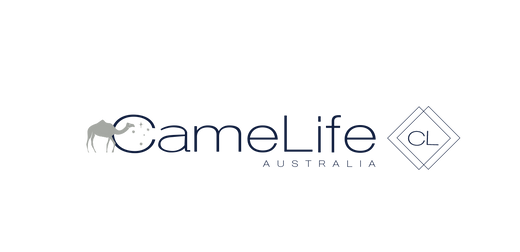
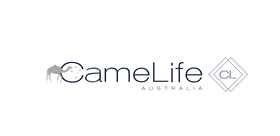
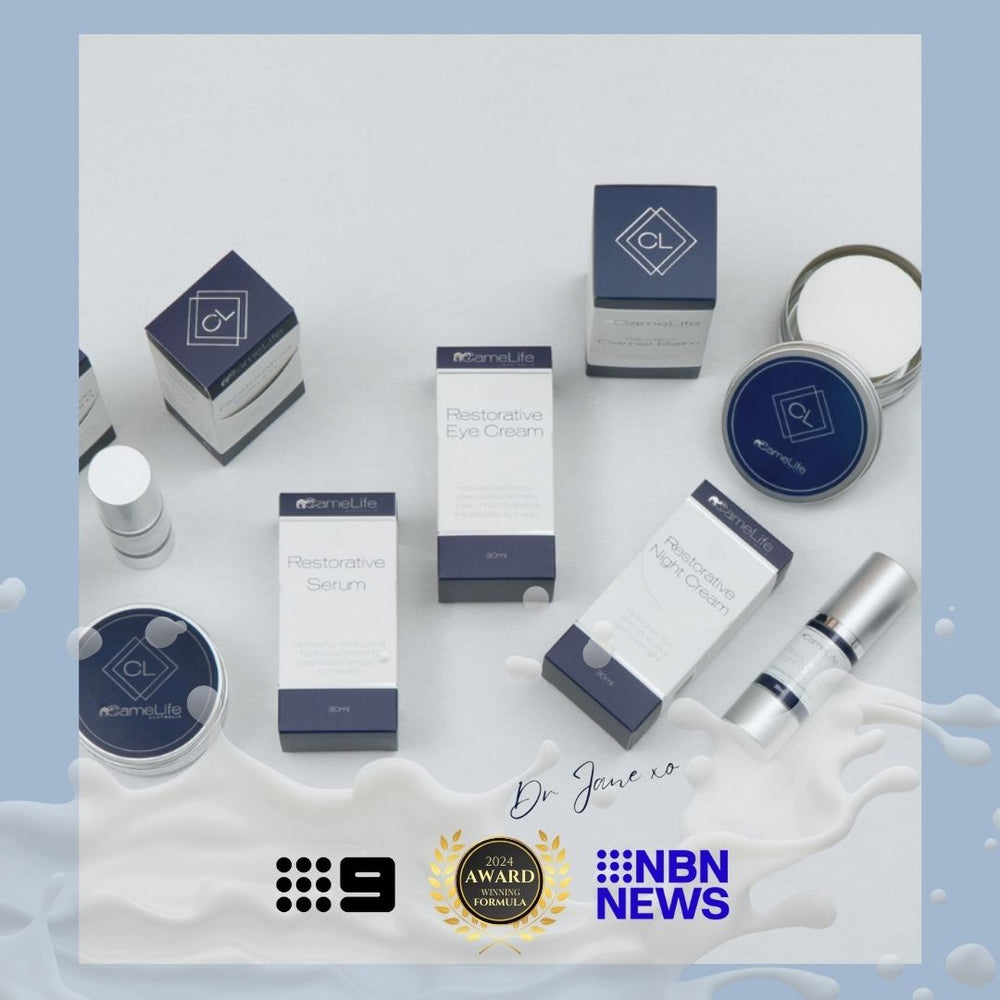
Camel milk has been used for centuries as a source nutrition in the Middle East, Asian and North African cultures. Nomads and Bedouins still rely on camel’s milk nutritional properties, while generations of tribes have lived on camel milk entirely with a few dates for months in the harsh desert climate. Desert Farms has now captured their ancient knowledge and locked camel milk tight in a bottle. Desert Farms’ camels live in small family farms in the USA where the average herd is about 6 camels. All Desert Farms camels are pasture-raised and eat a complex diet of hay, grass and alfalfa pellets.
Containing only milk from USA-based camels and bottled entirely in America, Desert Farms – Camel Milk is available in several distinct varieties: Raw Camel Milk; Raw Camel Milk (Frozen); Raw Camel Milk Kefir; Pasteurized Camel Milk and Raw Camel Milk Colostrum.
You can buy camel milk directly from Desert Farms website.
https://camelmilk.com/
Hi,
It’s a best camel milk in USA
Camel milk has been used for centuries as a source nutrition in the Middle East, Asian and North African cultures. Nomads and Bedouins still rely on camel’s milk nutritional properties, while generations of tribes have lived on camel milk entirely with a few dates for months in the harsh desert climate. Desert Farms has now captured their ancient knowledge and locked camel milk tight in a bottle. Desert Farms’ camels live in small family farms in the USA where the average herd is about 6 camels. All Desert Farms camels are pasture-raised and eat a complex diet of hay, grass and alfalfa pellets.
Containing only milk from USA-based camels and bottled entirely in America, Desert Farms – Camel Milk is available in several distinct varieties: Raw Camel Milk; Raw Camel Milk (Frozen); Raw Camel Milk Kefir; Pasteurized Camel Milk and Raw Camel Milk Colostrum.
You can buy camel milk directly from Desert Farms website.
https://camelmilk.com/
Give the ol’ cows and goats a rest, they’re tired. Camels are known for their stamina—-if they can trudge through a hot desert for months, they can easily boost your energy and thirst. Camel Milk has been used for centuries by Nomads and Bedouins for it’s nutritional and medicinal properties, we’ve now captured their ancient knowledge and locked it tight in a bottle. Compared to cows milk, Camel Milk has naturally occurring Vitamins D and C. Camel Milk has fewer calories, less bad cholesterol, and lacks the A1 casein protein and lactoglobulin in cow’s milk which makes it suitable for those with lactose intolerance and food allergies in milk.
In Europe, the benefits of Camel Milk is now being embraced by health-conscious consumers, children with autism & people with diabetes. Desert Farms’ camels live in small family farms all across Europe where the average herd is about 6 camels. All Desert Farms camels are pasture-raised and eat a complex diet of hay, grass and alfalfa pellets. We believe in supporting local produce, which is why we only use the best camels across Europe. Only the best, freshest, most wholesome Camel Milk makes it into Desert Farms bottles. Delivered from the farm directly to your home.
Desert Farms uses low impact environmentally sound practices to produce Paleo approved, certified gluten free and no GMO camel milk.
Only the freshest most wholesome camel milk makes it into Desert Farms bottles.
Our camels are pasture raised and enjoy a soy and corn free diet, with no added hormones or antibiotics. To be fair, they have a right to brag they are giving Europe’s most delicious wholesome camel milk.
https://desertfarms.co.uk/
Give the ol’ cows and goats a rest, they’re tired. Camels are known for their stamina—-if they can trudge through a hot desert for months, they can easily boost your energy and thirst. Camel Milk has been used for centuries by Nomads and Bedouins for it’s nutritional and medicinal properties, we’ve now captured their ancient knowledge and locked it tight in a bottle. Compared to cows milk, Camel Milk has naturally occurring Vitamins D and C. Camel Milk has fewer calories, less bad cholesterol, and lacks the A1 casein protein and lactoglobulin in cow’s milk which makes it suitable for those with lactose intolerance and food allergies in milk.
In Europe, the benefits of Camel Milk is now being embraced by health-conscious consumers, children with autism & people with diabetes. Desert Farms’ camels live in small family farms all across Europe where the average herd is about 6 camels. All Desert Farms camels are pasture-raised and eat a complex diet of hay, grass and alfalfa pellets. We believe in supporting local produce, which is why we only use the best camels across Europe. Only the best, freshest, most wholesome Camel Milk makes it into Desert Farms bottles. Delivered from the farm directly to your home.
Desert Farms uses low impact environmentally sound practices to produce Paleo approved, certified gluten free and no GMO camel milk.
Only the freshest most wholesome camel milk makes it into Desert Farms bottles.
Our camels are pasture raised and enjoy a soy and corn free diet, with no added hormones or antibiotics. To be fair, they have a right to brag they are giving Europe’s most delicious wholesome camel milk.
https://desertfarms.co.uk/
In Europe, the benefits of Camel Milk is now being embraced by health-conscious consumers, children with autism & people with diabetes. Desert Farms’ camels live in small family farms all across Europe where the average herd is about 6 camels. All Desert Farms camels are pasture-raised and eat a complex diet of hay, grass and alfalfa pellets. We believe in supporting local produce, which is why we only use the best camels across Europe. Only the best, freshest, most wholesome Camel Milk makes it into Desert Farms bottles. Delivered from the farm directly to your home.
https://desertfarms.co.uk/
Leave a comment